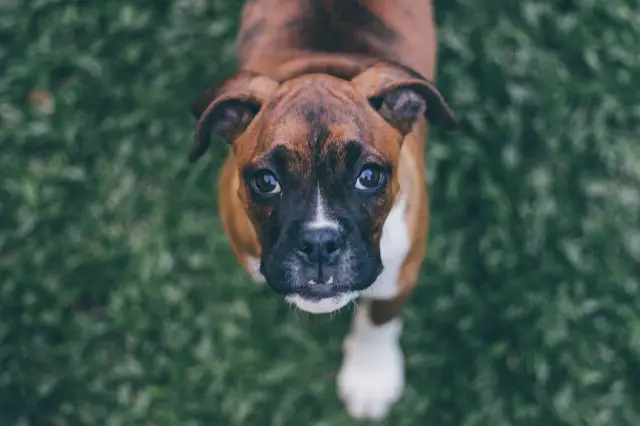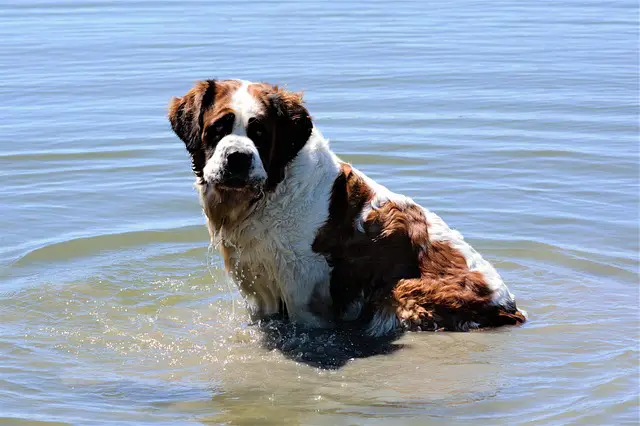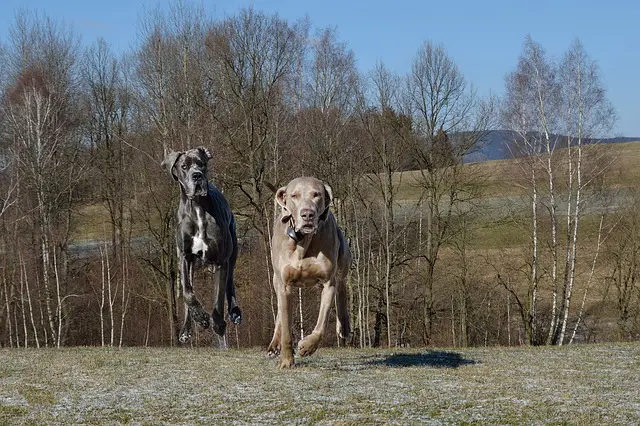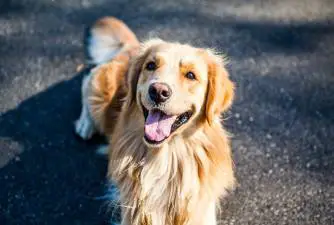Bloat in Dogs: Symptoms, Causes & Prevention
09.07.2019.
Gastric dilatation-volvulus (GDV) complex, better known as „bloat,“ is a serious condition where the stomach fills with air and twists itself (anywhere from 180 degrees to a full 360 degrees), causing extreme pain to the dog. When the stomach is twisting, both the entry and the stomach exit are closed off, and air, fluids, foods, and gasses are unable to get out.
All this causes the dogs' belly to bloat, putting pressure on other organs. As the stomach flips, it drags the spleen and pancreas along with it, cutting off the blood flow. At the same time, pressure builds, stopping blood from the hind legs and abdomen from returning to the heart; the working blood volume reduces and sends the dog into shock.
All of this can happen in less than 20 minutes. Bloat is the second leading cause of death in dogs behind cancer.
This medical emergency is responsible for a high mortality rate in otherwise healthy dogs.
What are the symptoms of bloat?
As a dog owner, one of the worst things that can happen to your dog is bloat. It is vital that you understand how to spot it and how to react, so you can help save your dog’s life.
The symptoms of bloat in dogs include:
- Enlargement of the dog’s abdomen
- Pain in the abdomen
- Lots of drooling, panting and walking around
- Retching but not being able to vomit
- Stretching with the front half of the body down and with the rear end up
- Fast, heavy, or otherwise difficult breathing
- Rapid heartbeat
- Pale gums
It is not uncommon that dogs make sounds to let you know they are in pain.

What causes bloat in dogs?
Vets are still not sure what causes bloat, but the general consensus is that there is a combination of things that can trigger bloat to develop. Vets generally agree on these causes:
- Poor diet
- Eating too quickly
- Swallowing to much air (animals usually swallow more air when they are anxious)
- To much exercise after eating
- Overeating
- Excessive drinking
A proper diet is essential to prevent bloat from happening. A lack of whole, fresh, raw foods in your dog's diet can cause bloat.

What breeds are prone to this condition?
Vets also believe that it is more likely to happen when there is enough room in the abdomen for gas-filled organs to move. Therefore, bloat is most common in deep-chested dogs, such as:
- Great Dane
- Greyhound
- St. Bernard
- Weimaraner
- Boxer
- Cane Corso
- Poodle
- Doberman
Dogs weighing more than 99 pounds have an approximate 20% risk of bloat. The risk of bloating increases with age. But, this doesn't mean that small dogs cannot bloat. Any dog of any breed, age, or size can suffer from bloat. Also, if a dog has relatives who have suffered from bloat, there is a higher chance they will fall victim to bloat.
Can it be prevented?
To avoid bloat, pay careful attention to your dog's diet, feeding, and exercise. Feed your dog a raw diet (meat, not grains) that provides a lot of nutrients. Feed your dog a few small meals regularly throughout the day, instead of feeding him one large meal.
Some research has shown that eating from an elevated food bowl can cause bloat, so keep your dog's bowl on the floor. You can also invest in buying your dog a bowl that prevents them from eating too fast and swallowing big gulps of air as they eat. Decrease stress for your dog, especially around eating time. Exercise with your dog, but not right after the dog eats - a full stomach is more likely to flip and twist, causing problems with the digestive system.

How is bloat treated?
Treatment of bloat will most likely include emergency surgery. The surgical procedures’ two main goals are to assess the damage done to the stomach and other organs and untwist the stomach, putting it back to its correct position.
Untwisting the stomach will enable gasses, blood, and fluids to naturally pass through your dog's system and eventually leave your dog's body. However, even with surgery, bloat is fatal in 10-30% of affected dogs.
After this, the vet will perform a gastropexy, a procedure where the vet tacks the stomach to the abdominal wall to prevent it from twisting again. This needs to be done because almost 90% of dogs who suffer from bloat once will suffer from it again.
A gastropexy can be performed preventatively to prevent the stomach from twisting in the first place. This procedure can be conducted while spaying or neutering, or even laparoscopically.
Bloat is a life-threatening condition that, without treatment, can kill a dog within a few hours. If you suspect your dog is bloated, take them immediately to the vet. Call your vet in the way and tell him that you are bringing in a dog with bloat so he can adequately prep and save precious minutes.
World Dog Finder team







Share